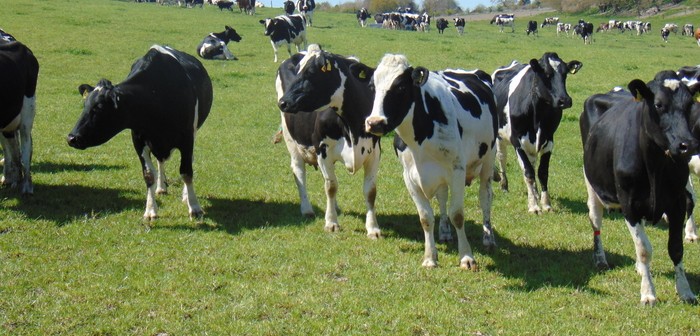Defra has set out its plans to introduce new regulations set to promote fairness, transparency and accountability in the dairy supply chain later this year, giving some clues as to the same process in the pig sector might look like.
Under the dairy review, which began in June 2020, farmers will be able to challenge prices and more easily raise concerns with supply contracts, helping ensure they receive a fair price, Defra said. The Statutory Instrument (SI) on dairy regulations is scheduled to be laid later this year.
The regulations will mean:
- Farmers have clearer pricing terms, with contracts setting out the factors which generate the milk price and allowing farmers to challenge prices if they feel this process isn’t being followed. This is a major advance in transparency, which ensures fairer pricing and addresses historical discrepancies in the dairy industry.
- Changes to contracts can’t be imposed on farmers without their agreement, providing stability and trust in the supply chain. This will encourage dialogue between the parties where changes do need to be made – improving trust within the supply chain.
- Farmers’ contracts will all include a straightforward way to raise concerns about their contracts, promoting accountability and timely issue resolution.
- There will be clear rules put in place on notice periods and contractual exclusivity, protecting the rights of both buyers and sellers. This will remove any ambiguity from contracts and protect the rights of both buyers and sellers.
- An enforcement mechanism is created to guarantee the regulations are followed, ensuring a fully fair and transparent dairy industry on a solid foundation to thrive in the future.
Farming Minister Mark Spencer said: “Farmers must be paid a fair price for their produce and these regulations will provide price certainty and stability for farmers by establishing written milk purchase agreements with clear and unambiguous terms.
“This represents a key milestone in our commitment to promote fairness and transparency across food supply chains to support farmers and build a stronger future for the industry.”
NFU dairy board chair Michael Oakes said the new regulations ‘mark a significant step forward in the government’s efforts to increase fairness and transparency in the dairy supply chain’.
What can the pig sector learn?
The upcoming dairy regulations were developed using new powers under the Agriculture Act 2020. The pork supply chain review, which got underway last year, will have the same legislative basis.
In April, Defra set out its next steps, confirming that it will commence work developing regulations for pig contracts, using section 29 of the Agriculture Act 2020. These regulations will ensure written agreements are used between all producers and their buyers.
It will also develop regulations to collect and disseminate more supply chain data, particularly in relation to wholesale price transparency and national slaughter numbers, promising to work with industry on both fronts.
NPA chief policy adviser Rebecca Veale said: “The new regulations for the dairy sector will certainly give us some clues as to how Defra will approach the regulations governing pig contracts, for example, on clearer pricing terms, ensuring farmers have say on contract terms, dispute resolution and enforcement.
“They have learnt a lot from the dairy work, and we expect the pig contract regulations to ensure sufficient flexibility on both sides. There are key differences as our needs as a sector differ from that of dairy farmers, so it won’t be like-for-like.
“It also worth stressing that while the dairy regulations will take more than three years to come into force, we expect our process, while thorough and lengthy, to conclude within a shorter timeframe.”
Further reviews are set to begin this autumn, to help establish fairer supply chains in the eggs and horticulture sectors.




